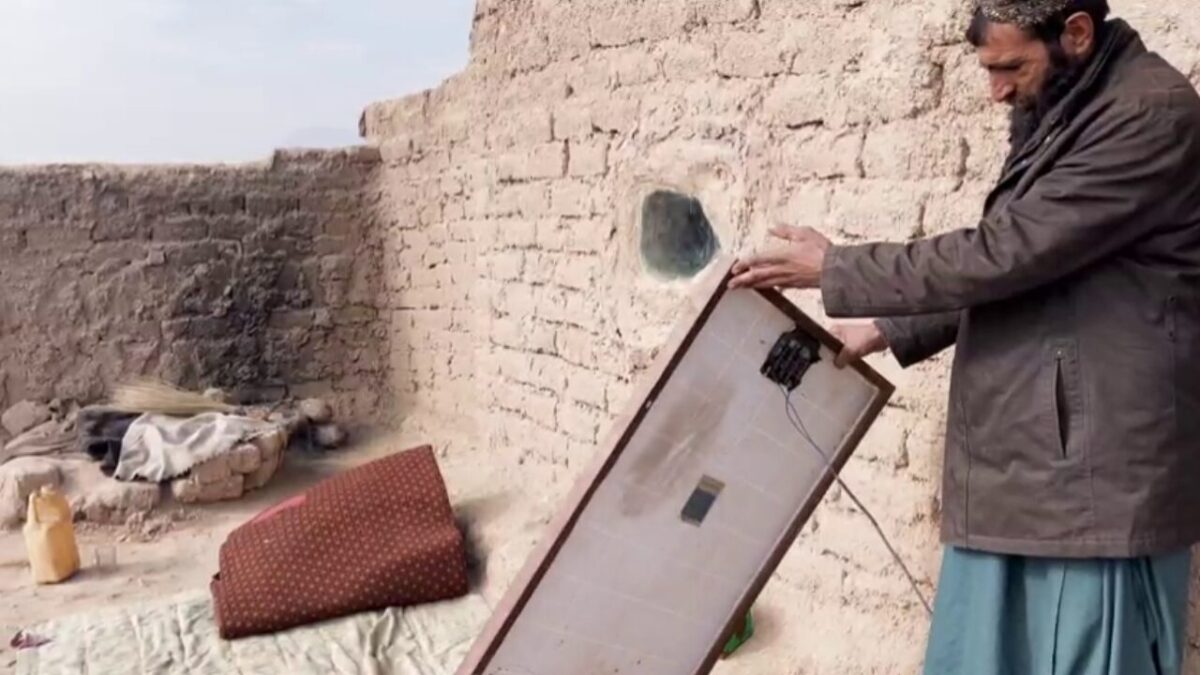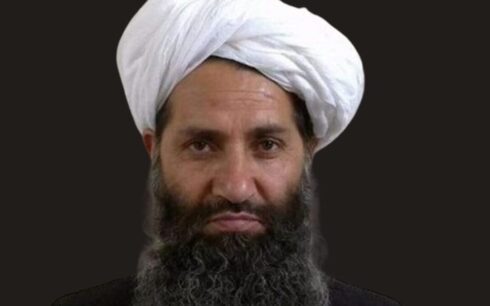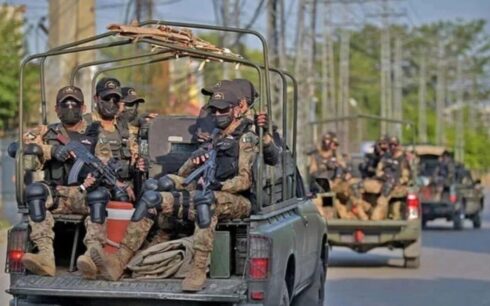KANDAHAR, Afghanistan — Migrants deported from Pakistan are struggling to survive in Kandahar Province, where cold winter conditions have exacerbated their already dire circumstances. Many of the returnees report a lack of food, water, medical care, and fuel, and they are calling on aid organizations for urgent assistance.
In Daman District, a refugee camp originally established for internally displaced people has become a temporary shelter for hundreds of these returnees. The camp’s residents describe harsh living conditions, saying the area is ill-equipped to support even basic human needs.
“We are enduring freezing nights without food or water,” said Abdul Jabbar, a Kandahar resident who was recently deported. “I have no rice, no flour, no sugar—I have nothing. Whoever hears my voice, please help me. If this is Islam, help me; if this is humanity, help me. Thousands of people like me are suffering; it’s not just me.”
The deportees include families who have lost their livelihoods and now face severe economic hardships. Many parents say they cannot afford to feed their children, let alone provide medical care for the sick.
“I have three children. My life, as you can see, is gripped by poverty and misery. We have nothing, and there’s no work available to support us,” said Sharafuddin, another Kandahar resident.
Zaeemullah, a father struggling to provide for his family, shared similar concerns. “I swear to God, I have nothing. In the morning, I go out looking for work. If I earn 100 or 200 Afghanis, I use it for the household. But some days, I can’t even afford to buy food,” he said.
Over the past two weeks, Pakistan has intensified its deportation of Afghan migrants, forcing many to return to Afghanistan under challenging conditions. Many of those deported say they face security risks in their homeland, while others are left to navigate a lack of basic necessities in areas already struggling with poverty and displacement.
The situation has drawn attention from local and international observers, who warn that the humanitarian crisis in Kandahar could worsen without immediate intervention. Aid organizations have been urged to step in to provide food, medical care, and other essential support to alleviate the suffering of deported families.





